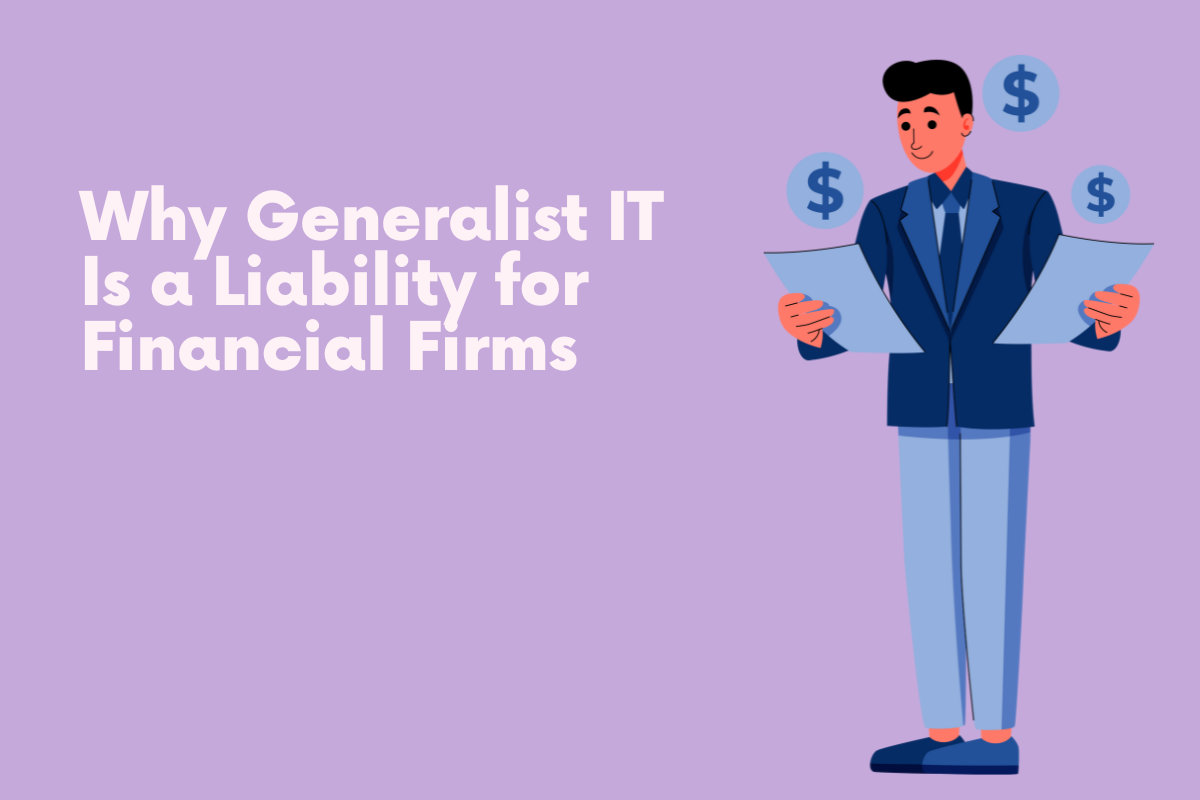Matt is co-founder and CEO of Spreadsheet.com, where he is responsible for product management and strategy.
Before Spreadsheet.com, he was co-founder and CEO of Rollbase, acquired by Progress Software (PRGS), and Recruitforce, acquired by Taleo (now part of Oracle). Matt began his career as a software engineer and co-authored two editions of Manning’s Swing programming book, endorsed by the creator of Java, James Gosling. He has a BS in Mathematics from Bates College and an MS in Management from Stanford University Graduate School of Business.
Q: What would you like to see your team accomplish in 2019?
After two years of development we just unveiled our company and product. For the remainder of the year we'll be focused on ensuring the product is ready for early users to have a great experience. There is a very high bar for the performance and overall quality of the online spreadsheet experience. Our goal is to meet that bar in 2019.
Q: Who is your role model or hero?
If I had to pick one person it would be Peter Gassner. He built Veeva Systems from concept into one of the fastest growing enterprise SaaS companies ever, and he did it with minimal investor capital and without much fanfare. He started as a software engineer like me and my perception of him is that he is very focused and persistent. He is a role model for me in how I think about who I need to be for Spreadsheet.com to grow into what I think it should become.
Q: What is your favorite book?
My favorite novel is Steinbeck's East of Eden. The central theme of the book is the concept of "timshel," a Hebrew word meaning "thou mayest," which is used in the story to emphasize this sort of struggle we all have to varying degrees with choosing right from wrong, and our capacity for self-improvement. I like to think it's influenced the way I think about making decisions and being more conscious of their impact.
My favorite business book is Lean Analytics. There are so many metrics we are advised to have a handle on as founders, but what really matters is focusing on just a few critical things given the current stage we're at. Lean Analytics helps break down what's important by stage so you focus on the right things at the right time. It sounds like common sense, but when everyone is telling you that CAC vs LTV is absolutely critical without putting it in context, it's hard to know whether you should take time to focus on it now unless you have a strong grasp of your current stage and what's important for conquering it. This kind of thinking applies more broadly than just metrics, which is why I'm calling it my favorite book. It helped change the way I think about how to choose what to focus on at any given time.

Q: Do you use any specific method or system to run daily operations?
I try to make sure that most of my time is spent on things that will help us achieve our goals for the next 90 days. If I finish a day where the majority of my time was not dedicated to moving us forward toward those goals, I don't feel good. I keep a list of top priorities and talk to my co-founder about them every day.
Q: Why did you choose your present industry at this time?
I've been in the software industry for 20 years. I moved to Silicon Valley in 1999 and it's felt like where I belong ever since, creating software with other people who love to create software. Spreadsheet.com is my third startup and I like to think I've finally learned how to think strategically about building a product and a company. I guess time will tell.
Q: What is the best/worst moment you can remember in your career?
The best moment was October 17th, unveiling our company and product on the 40th anniversary of VisiCalc, the first commercial spreadsheet. We've been working hard on what amounts to the foundation of a vision for the future of collaborative work that I strongly believe in, more than anything else I've ever worked on. My co-founder, Murali Mohan, and I have developed an incredible working relationship over the last 2 years that has led to a product and vision much bigger and better than what we originally set out to create. It's been a true partnership and we're both committed to this long term vision. Seeing it start to come together in our initial product and getting to finally show it to people and hear their feedback, that is the most gratifying experience I've had so far in my career.
Q: Looking back - if you could advise a younger version of yourself to do something different - what would it be?
Listen more, talk less, and always be nice. Never complain without offering a solution. Build relationships by paying attention to what's important to the people you want to work with and find out how you can help.

.png)



.png)